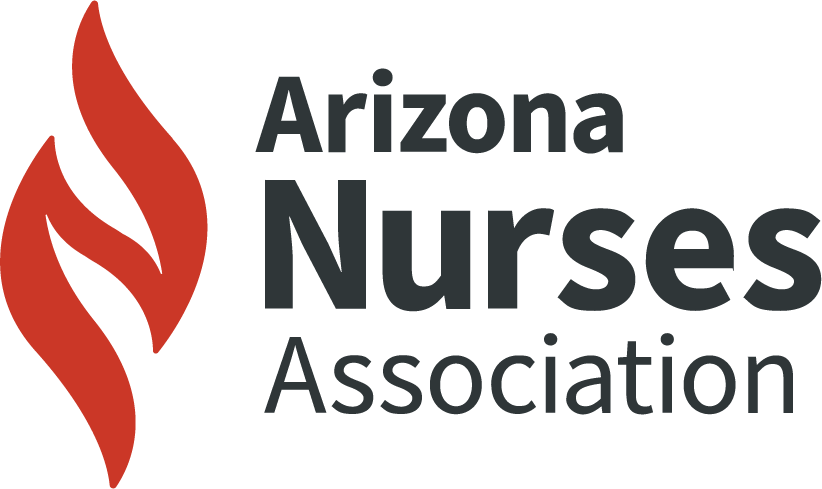Developing Entry-Level Nursing Competency in a Non-traditional Clinical Setting
Keywords
ABSTRACT
New guidance was created to identify competencies that entry-level registered nurses should possess upon graduation from nursing programs in 2021. The guidance found in the American Association of Colleges of Nursing’s (AACN) The Essentials: Core Competencies for Professional Nursing Education (2021) includes domains, concepts, and competencies that are explicitly defined. The future of nursing 2020-2030: Charting a path to achieve health equity report (Wakefield, et al., 2021) issues strong guidance to prepare nurses to practice in settings where they can promote health outcomes for diverse and underserved populations. The guidance from both publications is clear that nursing students should be exposed to and develop competency in areas of person-centered care, including care coordination, but these ideas are not emphasized in traditional nursing education experiences, which focus heavily on care of individuals in the inpatient, acute care setting. A University in the Southwest United States has begun to implement a model that both increases the number of available clinical placements and exposes entry level nursing students to practice outside of the acute care setting, but these non-traditional placements are not without barriers. The proposed project will seek to understand preceptors’ beliefs about whether a non-traditional setting can help entry-level students develop competencies outlined by the AACN. The project will be informed by Benner’s Novice to Expert theory and will incorporate principles of the Dedicated Education Unit (DEU).
